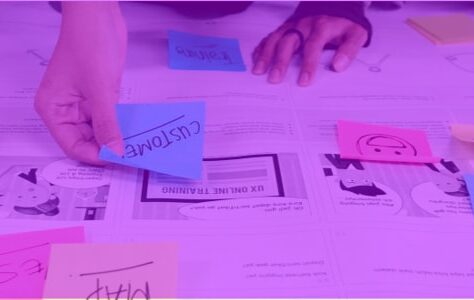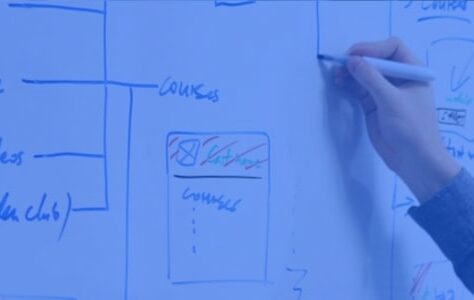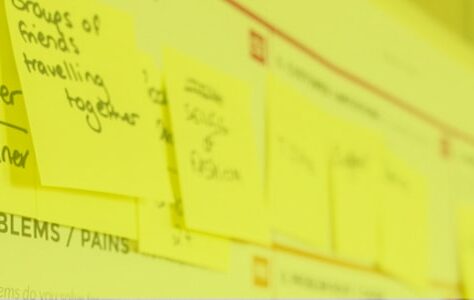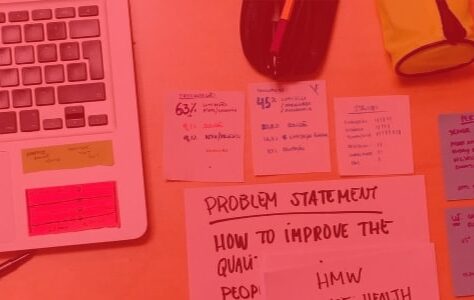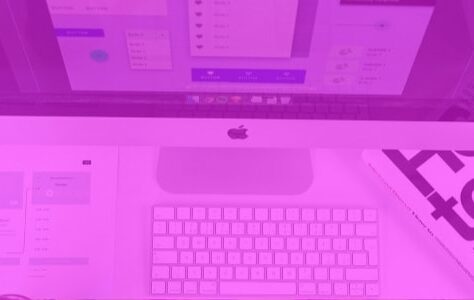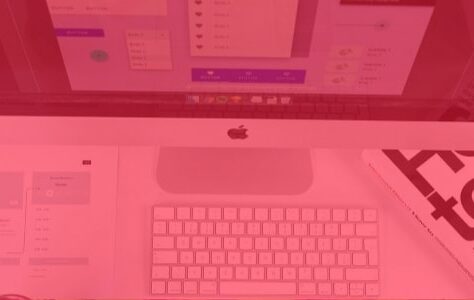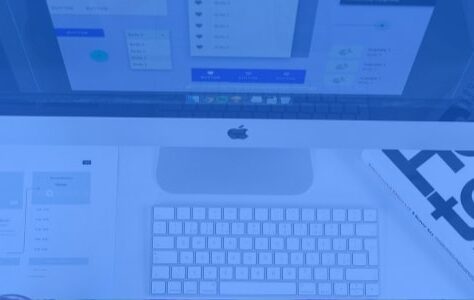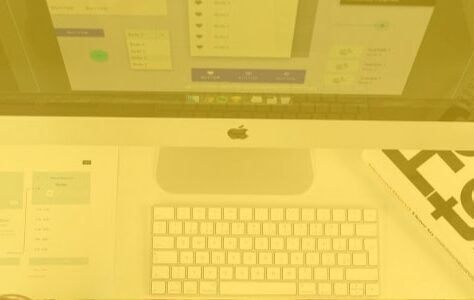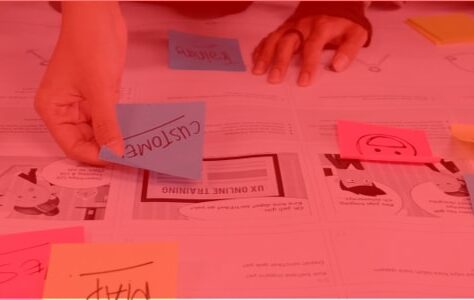Product-owner: definition & job description

After having been Product Manager, Product Manager and Product Owner at software publishers, I wanted to join a consulting agency, like ESN, in order to discover various missions and different challenges. I then found myself at UX-Republic, a consulting agency specialized in UX (but not only), chosen because I loved their UX side and the beautiful design put forward in all their presentations.
Thanks to the different experiences that I have had, I can thus understand the differences between an internal Product Owner and a Product Owner in management.
What are the benefits of hiring an external Product Owner?
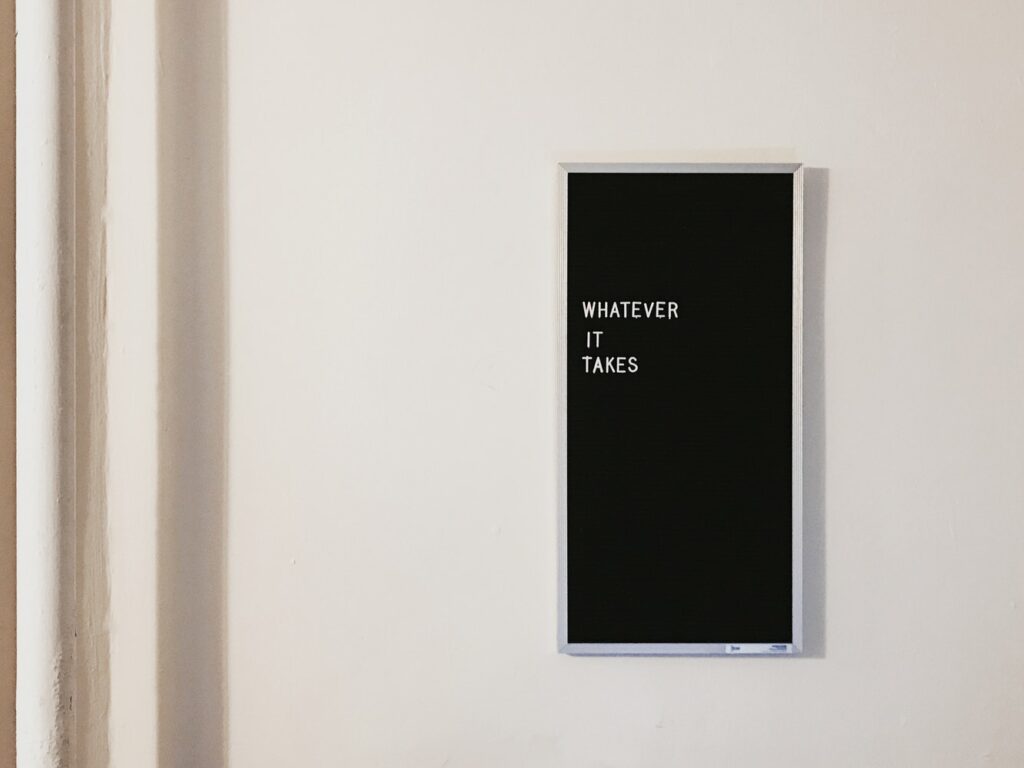
As Product Owners in management, we bring know-how in terms of methodology and organization, we adapt to any situation and we are very responsive to the client.
We evangelize the Methodology
For my first mission within UX-Republic, I joined a startup incubator within a real estate developer. My role was therefore to support these startups in the creation of their MVP (Minimum Viable Product) by providing, in particular, methodology and a framework. Namely that almost all the teams had never designed a digital product. Being novices, I therefore chose to train them in the profession of Product Owner, in Agile, Lean, Scrum methodologies, and in Design Thinking.
To explain these methods, I was able to create presentations and share documents with them such as the Scrum Guide.
We have a sensitivity to UX
Before my arrival at UX-Republic, I was trained in tools to create wireframes and dynamic prototypes such as XD, Sketch, Marvel, Invision.
Being surrounded by designers, we PO are carriers of UX. I was therefore able to organize UX workshops within my mission.
The advantage of being at UX-Republic is that we can continue to train. For example, we participate in:
- UX-Days: presentations, training (once a month).
- Meetups: presentations with external guests.
- to Master Classes: training led by an employee.
- to UX talks: team meeting, listen to the news and issues encountered by our UX Designers. As a Product Owner, I like to hear the issues or compliments they give to their Product Owners on assignment. This allows me to understand their points of view. I also appreciate the watch side, where we are presented with UX (or other) news.
- Sprint Challenge: as a team, we created a product that responded to a problem.
- The UX-Republic Blog: a means of expression and knowledge sharing.
We are always curious and love to learn new things.
If you stay in a job, where you no longer learn anything, you lose motivation, you are then less productive… While being in management, you learn every day and therefore you are much more motivated!
ADAPTING TO ALL SITUATIONS
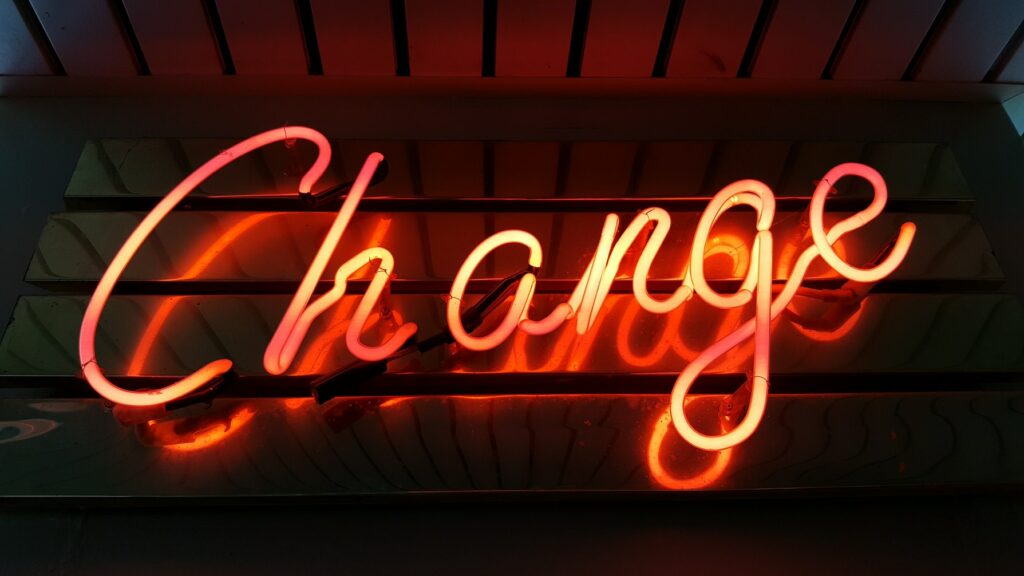
By changing companies several times, we know how to adapt quickly to any situation. In addition, we are very empathetic and sensitive, so we can identify people quickly and see if they are well or not. This allows us to analyze the situation and the people around us in order to fully understand what is happening and find an appropriate solution.
We take a step back
Being external, we don't have our heads down the drain, unlike some people who pick up bad habits and don't realize they're missing out or just don't have the right ones. work methods.
On the other hand, a stressful atmosphere does not promote creativity. Our role as externals is to warn management when we see that something or someone can harm the team. Protecting, involving the team and encouraging creativity are essential to the success of the product.
We are focused on our mission
Being sent on a mission to our client, we are focused on our tasks, we know what we have to do. We give our all and we are not disturbed for nothing by other departments, as may be the case when you are an internal product owner (for example: your pre-sales or sales colleague tells us "you can help me respond to the client?”; “can you help me respond to the call for tenders?”, “can you accompany me to my appointment?”…). Remember that we Product Owners have a very good knowledge of our product and therefore internally we are approached by any department (marketing, financial, legal, commercial, management, customer success, technical teams, etc.).
We understand the business challenges
To create a digital product, it's a whole world to take into account. When we arrive in a mission, we try to understand the first days what is happening. We meet as many people as possible related to the product. After doing the analysis, we raise the issues we encounter. Throughout the mission, we encounter various business or technical issues.
We advise and train
In my last mission, some people had never designed a digital product, so I had to help them by setting up workshops (warm up, lean canvas, value proposition canvas, personas, MVP definition, story mapping, writing of user stories…). Accompanying the teams on these methods and advising them on a daily basis, in order to create their MVP was very interesting for them as well as for me. This made me realize that I was speaking in a jargon that was not understandable to everyone. I then adapted my communication.
We can help people use software
I happened to train junior Product Owners on Confluence and Jira.
Also, in my last mission, I was able to explain to my colleague UX/UI Designer how to fill out a Redmine ticket when doing functional and design tests.

We know how to say no
In general, we are solicited by all kinds of collaborators, each of course has their interest, their ideas for functionalities or their own vision of the product.
When the feature request is not a priority, we notify them and tell them that we are taking their request into account.
It is more difficult to say no internally, when the request comes directly from top management such as the CEO, CTO or Product Director.
As Product Owners, we know the product and the market. We know what users want. We therefore carry the vision, and we are the voice of the customer. Thus, when we are faced with a disagreement, we argue our idea with the knowledge we have.
A piece of advice that I gave in my last mission, is above all not to be influenced by his management who have ideas inside their offices. However, the Product Owner who sets up his startup, goes into the field to meet his potential target. It is therefore he who better understands his future clients.
We have soft skills
Being a Product Owner is not always easy. Sometimes we have to deal with conflict or stress, so we stay calm and we try to understand and then implement solutions.
To appease conflicts, we must communicate. The role of the PO is a key role in a company, so it is essential to know how to communicate well both orally and in writing (for example: we send the product roadmap, we announce new releases, we write release notes, we write user stories without spelling mistakes…).
When we communicate, we must put on forms and be diplomats when we have to say no, or when for example a developer has not developed as requested, or when we find spelling mistakes in the models...
With the workload that we are asked to do, we have to be well organized. This is an essential quality I think for the role of Product Owner. It also helps us guide the team and answer their questions.
When I say guide, I mean leadership and not authoritarianism. We don't give orders to developers, we don't get into them. We have to lead the team in his direction. Above all, you have to be careful to always motivate your team. For this, it is essential that we ourselves are motivated in order to involve them and make them more productive. Our goal is to move the product forward, so it's also up to us to set a good example.
Another important point, we must be curious et apprendre constantly both what is happening in our sector of activity but also learning on a daily basis (new technologies, understanding the language of developers, etc.).
To meet the needs of users, we must be empathetic, we always put ourselves in the customer's shoes, in order to know if he will be satisfied with our product.
We understand the different profiles
To communicate well, you have to adapt your speech to your interlocutor. So, when we see a UX Designer, we are empathetic and we try to speak “Design”, the same when we are with a developer, we try to speak his language, and if however we do not have his technical level, we understand the issues he encounters and the motivations related to his position.
TO BE REACTIVE

We join the company overnight
At UX-Republic, we are reactive when it comes to joining a mission. For example, for my last mission, I shook hands with the client on Monday and the next day I started my first day with them. The client really appreciated this responsiveness because she needed talent quickly.
I was then accompanied by a UI Designer
In this mission, I was then joined some time later by my colleague UI Designer for the creation of models. She was able to create the models ofHelloGaspard...
It goes away and it comes back
We leave and we come according to the customer's needs.
We manage one or more products
In my last mission, I accompanied 6 teams to set up their startups. I was also able to manage multiple products in a previous experience.
At the end of the mission, we transfer the torch
Last retrospective, last roadmap updates, last advice… We transfer to the teams what they will need to move forward.
TAKE AWAY
The position of Product Owner is complex with a very broad scope. I advise you not to take a PO who knows how to do everything (UX, UI, development…), he will not do all his tasks, and he will not go into depth in the different subjects. His missions are numerous enough for him to be able to occupy himself and concentrate 100% on his job. Do not ask him to do too much at the risk of overworking him and demotivating him.
Take a Product Owner for a single product with a multidisciplinary team consisting of a UX/UI, front and back developers, a Scrum Master, QA and Ops.
Have a modern management and think about the well-being of the team. Make her happy, she'll be more productive, and you'll have a product your customers love and buy.
Finally, this position requires you to have a certain personality and know-how to take people on board your boat. Do not just look at the CV but rather at the personality that you will have in front of you.
It's up to you to choose the right person who will suit and match your team!
Sarah, Product Owner @UX-Republic
UX/UI ECO-DESIGN # Paris
SMILE Paris
163 quay of Doctor Dervaux 92600 Asnières-sur-Seine
DESIGN THINKING: CREATING INNOVATION # Belgium
UX-REPUBLIC Belgium
12 avenue de Broqueville - 1150 Woluwe-Saint-Pierre
MANAGING AND MEASURING UX # Paris
SMILE Paris
163 quay of Doctor Dervaux 92600 Asnières-sur-Seine
DESIGN SPRINT: INITIATION & FACILITATION # Paris
SMILE Paris
163 quay of Doctor Dervaux 92600 Asnières-sur-Seine
UX-DESIGN: THE FUNDAMENTALS # Belgium
UX-REPUBLIC Belgium
12 avenue de Broqueville - 1150 Woluwe-Saint-Pierre
GOOGLE ANALYTICS 4 #Paris
SMILE Paris
163 quay of Doctor Dervaux 92600 Asnières-sur-Seine
ACCESSIBLE UX/UI DESIGN # Belgium
UX-REPUBLIC Belgium
12 avenue de Broqueville - 1150 Woluwe-Saint-Pierre
EXPERIENCE MAPPING # Paris
SMILE Paris
163 quay of Doctor Dervaux 92600 Asnières-sur-Seine


